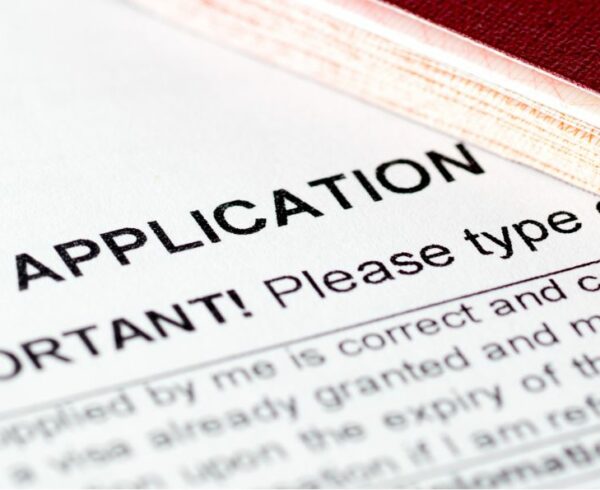Julie, the owner of her family business, thought that she was corresponding with a sub-contractor over email when they asked her to pay an invoice. Our client subsequently transferred £27,000, only to later find out that the sub-contractor’s email was hacked by devious scammers.
How the invoice scam occurred
Our client, Julie, deals with the finances of her family business. They received an invoice over email from Dan, a sub-contractor who they had a business relationship with for nearly two years.
The email stipulated that as it was the end of the financial year, Dan had decided to change banks due to ongoing issues. This raised no suspicion for Julie as the email came from the same address that the business would usually correspond with. Julie would regularly communicate with Dan about business affairs, so the email seemed nothing out of the ordinary. The invoice also mimicked previous invoices sent by Dan, therefore adding to Julie’s belief that the request was genuine.
Unbeknownst to our client, scammers had hacked into Dan’s email to send the deceiving message.
Julie was left devastated after the scam and grew restless as she did not know how she could recover the funds. She attempted to go through her bank, NatWest to see if they could help, to which they refunded only £7 of her lost funds. Our client believes the bank failed to protect her from the financial harm that she incurred.
Julie felt anxious conducting future business and had lost confidence in transferring money to her suppliers and contractors. The invoice scam affected Julie’s family greatly, and it had an impact on the financial health of the business.
Tell CEL
Julie contacted CEL Solicitors to assist in complaining to her bank, who we believe, with further intervention, could have done more to prevent the scam from occurring.
CEL Solicitors’ specialist fraud and scam team successfully recovered £27,000; all of the money that Julie lost.
Commenting on her experience with CEL Solicitors, Julie said:
“Having been defrauded by a very clever hacker of a significant sum of money and having personally followed the recommended channels to see if we could get our money refunded (unsuccessfully), I heard on the radio about CEL Solicitors.
“To be honest I had lost hope of ever getting our money back, but as the offer of assistance from CEL was on a “no-win, no fee” basis, I decided to give them a try – what did I have to lose?
“Well, much to our amazement, CEL did manage to get a full refund of our money from the bank. As a small company we can’t thank them enough. A special big thank you to Johanna Balajadia, our contact at CEL, for her sympathetic manner and persistence.”
Johanna Balajadia, Fraud Paralegal at CEL Solicitors, said:
“Invoice scams are fraudulent schemes where scammers send fake invoices to individuals or businesses in an attempt to steal money or sensitive information.
“Scammers will often use convincing language, logos and details that make the invoices appear legitimate, making it very hard to differentiate it from a genuine invoice. Therefore, it is extremely vital that one most verify the authenticity of any invoice received especially when it involves changes to payment information.
“If you suspect an invoice is a scam, contact the supposed sender through official channels to confirm its validity before sending any requested funds. If you believe that you have experienced an invoice scam, tell CEL.”













